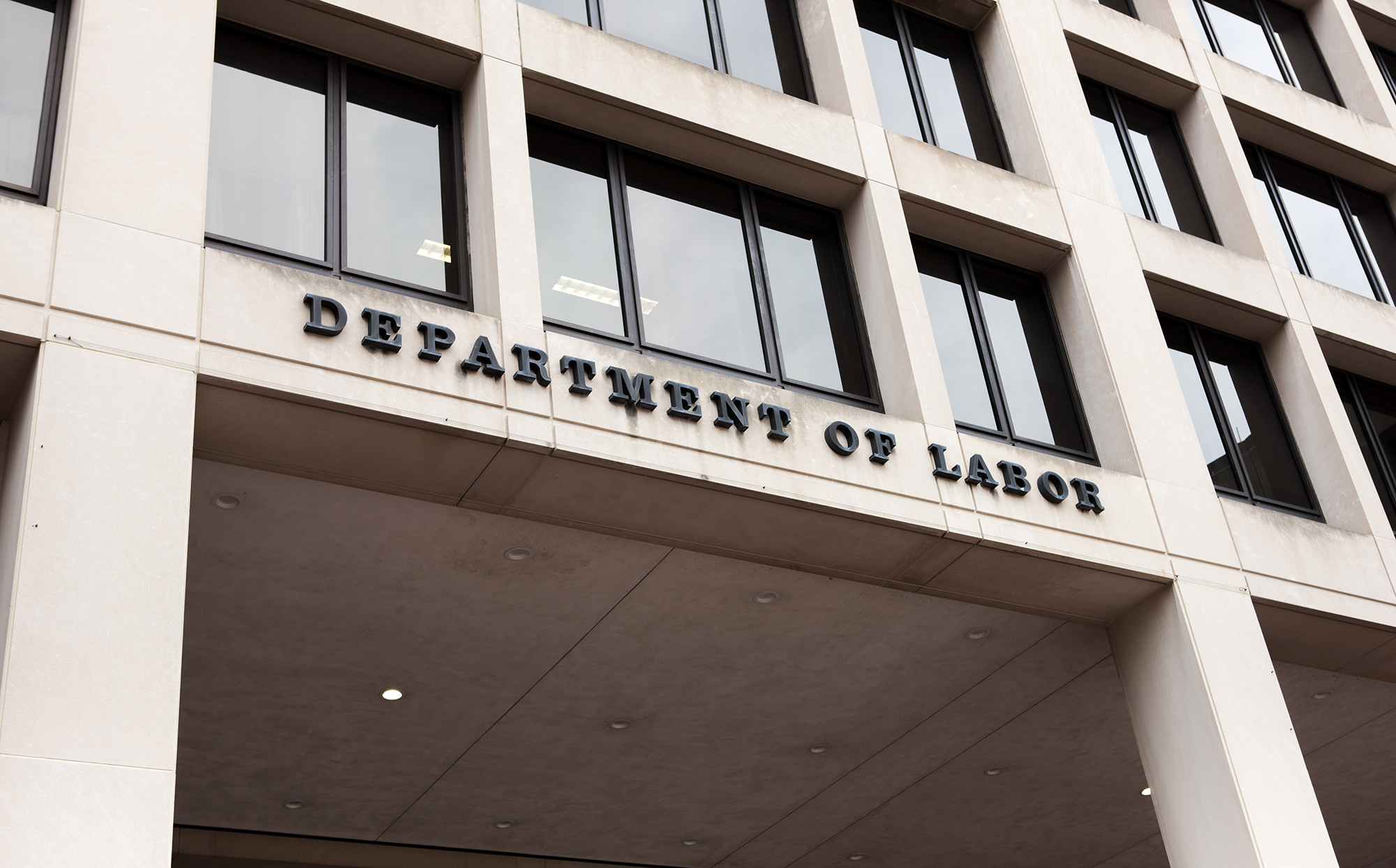
Toppling the Reign of Regulation

The Department of Labor recently issued a proposed rule that, as a practical matter, would impose a “fiduciary duty” on all agents and advisors who sell retirement investment products.
The proposed rule would require agents and advisors selling such products to act in the “best interests” of their clients, a standard to which they already are subject under the NAIC’s model annuities sales act (which has been adopted by 41 states to date) and the SEC’s “best interest rule.”
DOL’s proposed rule also would require agents and advisors selling retirement investment products to inform customers that they are “fiduciaries” (thus creating private rights of action under state law for the alleged violation of any applicable fiduciary duties); limit the types of compensation agents and advisors could receive for such sales activities; and dictate that insurers and investment broker-dealers engage in extensive sales activities oversight.
The rule would exponentially expand the universe of those subject to a fiduciary standard which to date has applied only to “registered investment advisors.” RIAs generally are paid for their advice and not to sell products, and they generally are paid fees by their (mostly higher-income) clients that are based on a percentage of the assets they have under management in lieu of commissions or other payments tied to sales activities.
DOL has explained that these increased consumer protections are necessary to address the sea change that has occurred in a retirement market that has transitioned from the defined benefit pension programs that dominated in the 1970s—when ERISA was enacted—and 1980s to the defined contribution products, such as 401(k) plans and individual retirement accounts, that are pervasive today. Because individual consumers today are much more directly responsible for their own retirement accounts, the department asserts, a much broader array of protections for those consumers is required.
While that assertion may be correct, it begs the question of why state annuities laws and the SEC “best interest rule” are not sufficient. But if they are insufficient for whatever reason, the question is then whose job it is to fill that vacuum and address that need.
Rule Redux
This is the department’s second attempt to implement such a rule. In 2014, when DOL was considering a proposal that would become its first “fiduciary duty” rule, Phyllis Borzi, who was then assistant secretary of labor, explained that the department had to act because Congress wouldn’t: “Back in the day, when people wanted to make changes, they passed legislation,” but “we’ve shifted from the way that social change and legal change and financial change is accomplished through congressional action to two different avenues for making changes: the main one being regulation and the second one being litigation.”
The current Supreme Court is likely to disagree. It is scheduled to hear arguments this month in two consolidated cases that squarely present the question of if Chevron v. Natural Resources Defense Council should be overruled.
In its 1984 Chevron decision, the Court established a two-part test for judicial review of agency interpretations of statutes it has the responsibility to uphold. First, the Court must determine whether Congress spoke directly to the question at issue. If it did, then the Court must enforce Congress’s statutory intent. If the congressional intent on the question at issue is unclear, then the Court must defer to the agency’s interpretation provided that its interpretation is “reasonable.”
In its 2022 West Virginia v. EPA decision, the Supreme Court imposed its first significant Chevron constraint, holding that, under the “major questions doctrine,” agency actions that have “economic and political significance”—especially those issued long after the authorizing statute was enacted—will not be upheld unless Congress clearly meant to confer such authority.
A strong argument can be made that DOL’s new proposed fiduciary duty rule would fail under that “major questions doctrine” because of its extensive impact on the retirement market and the extent to which it deviates from the regulatory framework that has been in place for the prior four decades (a potential issue flagged by the 5th Circuit in its 2018 decision vacating DOL’s 2016 fiduciary duty rule that is discussed in more detail below).
It is widely expected that the Court will further erode the Chevron deference framework when it rules on the currently pending cases. I believe it highly likely the Court will flip the Chevron presumption and require deference only when it is found that Congress would have affirmatively intended the action to be within the scope of authority delegated to the agency under the pertinent statute.
In the context of DOL’s fiduciary duty rule, that should mean that—even if the rule could survive scrutiny under the “major questions doctrine”—the retirement marketplace shift on which DOL relies to justify its rule would instead dictate that only Congress has the power to re-evaluate the framework in light of those marketplace changes.
The department may, however, have an even more fundamental challenge defending its new rule. In 2018, in Chamber of Commerce of the U.S. v. U.S. Dep’t of Labor, the United States Court of Appeals for the 5th Circuit struck down the department’s 2016 fiduciary rule, holding that its expansive redefinition of “fiduciary” was inconsistent with the statutory text of both ERISA and the Internal Revenue Code (which governs individual retirement accounts to which the 2016 rule also applied) as well as with the common-law meaning of “fiduciary” on which ERISA itself was predicated.
The new fiduciary duty rule is, despite the department’s assertions to the contrary, materially identical to the 2016 rule that was struck down by the 5th Circuit. Under the judicial res judicata doctrine, a party generally is barred from litigating the same issue more than once. In essence, hasn’t the 5th Circuit already decided?




